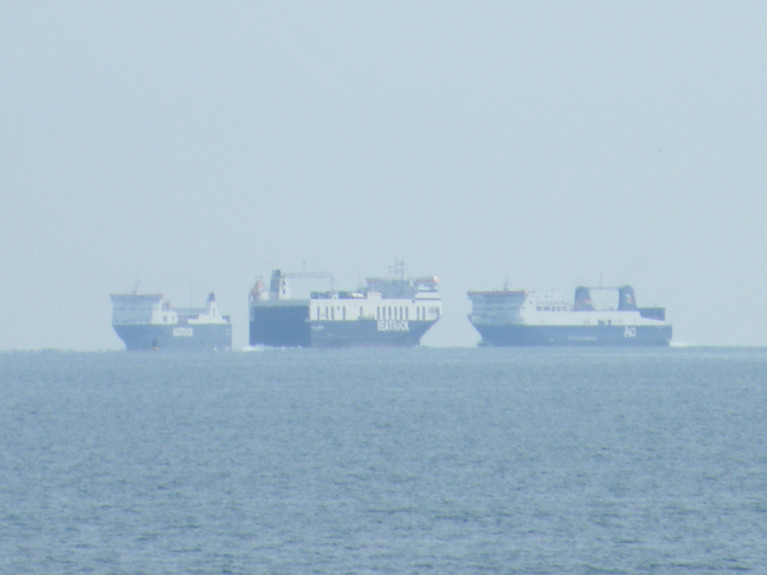Foreign Affairs and Minister for Defence Simon Coveney TD addressed members of the Irish Exports Association (IEA) during a webiner to give an update on EU-UK negotiations, Brexit readiness and what exporters and importers can expect from 1 January 2021.
The IEA webinar is timely given that EU leaders will meet later this week to take stock of the implementation of the withdrawal agreement and review the state of negotiations. It is expected that leaders will also discuss preparatory work for the end of the transition period on 31 December 2020.
Brexit readiness was the key message delivered by the Minister. Minister Coveney urged IEA members to analyse their operations, understand where issues may arise and make haste to address them. IEA CEO Simon McKeever explained to attendees that the IEA has been actively working with Government through the various stakeholder groups it contributes to, including the Brexit Stakeholders Forum.
Following (yesterday's) webinar Minister for Foreign Affairs and Minister for Defence, Simon Coveney TD commented: “With less than three months to go until the end of the transition period, it is essential that all stakeholders, particularly in the business community, urgently revisit their Brexit readiness plans. Any business that moves goods from, to or through Great Britain will be subject to a range of customs formalities, SPS checks and other regulatory requirements that do not apply to such trade today. The ongoing negotiations on the future relationship will not remove the need for these formalities.
Businesses need to prepare now to Brexit-proof their operations. There are a range of Government supports to assist with this, including financial, upskilling and advisory supports. Details on these supports are provided in the Government’s Brexit Readiness Action Plan and I would encourage businesses to consult the plan and to avail of the supports provided. Further funding and supports were provided in Budget 2021 to respond to the twin threats of Brexit and COVID-19.”
Irish Exporters Association Chief Executive, Simon McKeever added: “I would like to thank Minister Coveney for the time he has afforded us this morning and for his ongoing support to Irish businesses, in particular exporters, throughout the Brexit process. Minister Coveney has been receptive to the needs of Irish exporters, in particular we would like to acknowledge the efforts being made to bring the negotiations back into the mindset of businesses and ensure that Brexit readiness forms an intrinsic part of businesses planning going forward.
Our key message to members and the wider businesses community is that changes to trading arrangements with the UK are inevitable from 1 January 2021. While there are still many unknowns in terms of negotiations and UK preparedness, we do know that trading arrangements will not be as seamless as we currently experience and businesses can prepare but need to act now to ensure that systems are put in place to keep trade flowing to and through the UK.”































































